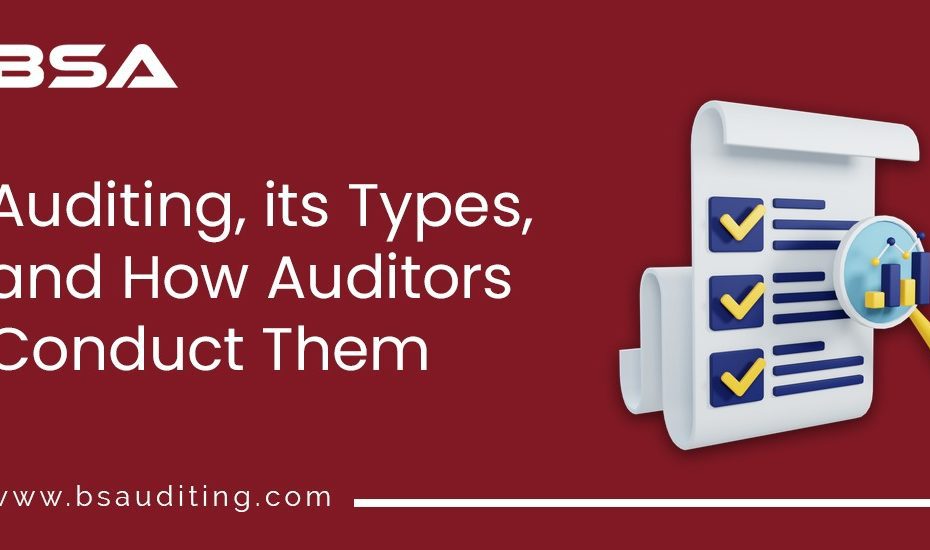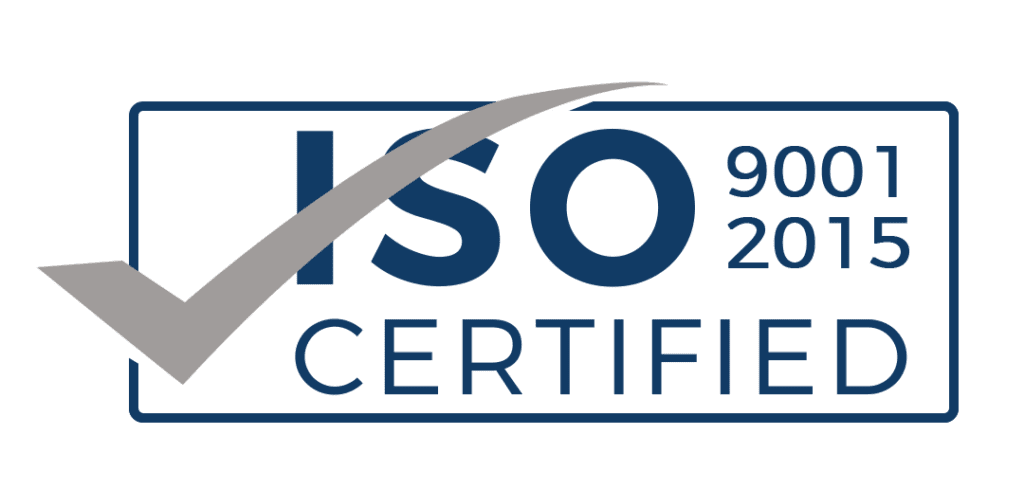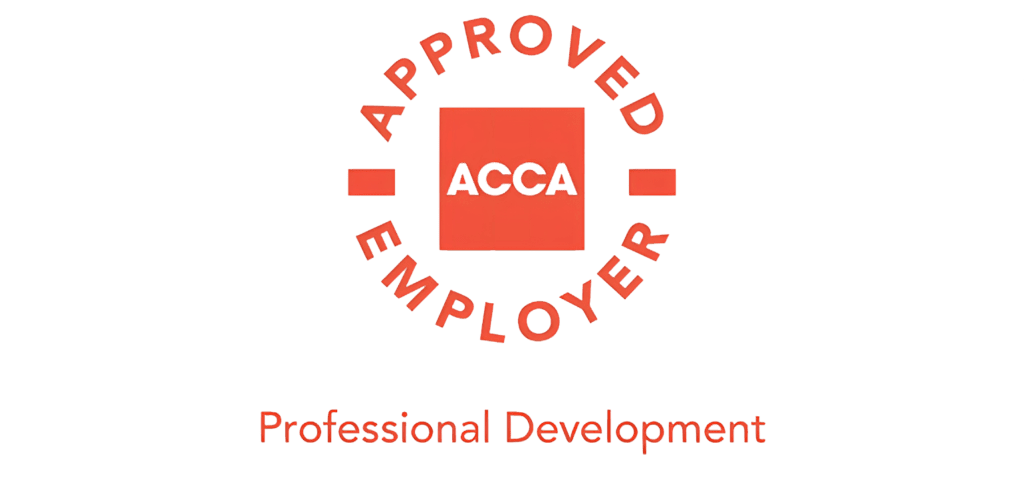Audits are a vital angle of a company’s operations. Companies and organizations conduct frequent audits to check on the general execution of their operations. Things are not distinctive in the UAE, where a regular and impartial audit is fundamental for all companies. For this purpose, organizations look for the assistance of auditors from reliable audit firm in UAE to conduct the method reasonably and productively.
Introduction to Auditing
The audit is an essential aspect of a company’s operation. An audit is an evaluator’s review or assessment of various books of accounts, followed by physical stock checks, to ensure that all offices follow the reported framework of recording exchanges. It is carried out to verify the accuracy of the association’s budgetary explanations.
Purpose of an Audit
The primary goal of the assessment is to form a judgment on the data in the financial report as a whole rather than to identify all possible errors. This means that, even if assessors are looking for signals of potential fabric extortion, it’s impossible to know whether or not fakes will be detected.
Types of Audits
People, in general, are aware of three main types of audits, namely internal, external and forensic. However, audit firms in Dubai and other free zones and the mainland have many types incorporated in their systems to provide the best guidance to their clients.
- Internal Audit – appointed auditors conduct these audits within the company. These auditors are exclusive in their jobs and not a part of some other department already. During internal audits, auditors assess financial transactions, compliance to legal formalities, and asset management.
- External Audit – in this case, a third party conducts the audit. CPAs are appointed for this task. For example, a company in RAKEZ wishes to conduct an external audit, so they contact the approved auditors in RAKEZ and invite them to complete the process. A benefit of external audits is the impartiality of the process since the auditor does not have any stake in the company whatsoever. During external audits, the reports of internal audits are shared with the CPAs by the internal auditors.
- Compliance Audit – a compliance audit aims to check whether a company’s operations and statements align with the government’s set rules and procedures. For example, auditors in DMCC will conduct a compliance audit to see whether a particular company is operating as per the rules outlined by the DMCC authorities.
- Forensic Audit – these audits are conducted under certain severe circumstances, such as in events of suspected fraud or theft. This is a detailed and extensive audit where auditors look into every financial transaction and cash flow to identify discrepancies.
- Performance Audit – sometimes, companies need to assess whether they have been complying with overall business standards as a whole. A performance audit looks at whether the performance targets were achieved in time, etc.
- Operational Audit – companies can conduct operational audits to assess the performance of specific departments within a company. Such an audit reviews and analyzes the company’s performance and how well a particular department has been working in its particular area.
How Auditors Conduct and Audit
There are several processes involved in the auditing process. Auditors follow these steps to complete a procedure. However, some steps and methods may vary depending on the type of audit. Nevertheless, general practices are similar.
Step 1: Defining Objectives
Before beginning the audit process, auditors conduct initial planning and collect information to determine the type of audit and its procedures. They establish objectives and scope of work, create the program, and which techniques to employ.
Step 2: Announcing the Audit
After completion of step 1, auditors formally announce the commencement of the audit. The company’s primary stakeholders are taken on board, and progress is discussed. These stakeholders are responsible for providing any information required by the auditor to complete their task successfully.
Step 3: Audit Meeting
An essential step in the auditing procedure is regular meetings and discussions between the two parties. In this process, the auditor informs the company of any relevant data or detail they may require carrying out the auditing process. The company is bound to provide all necessary documents. The company keeps itself updated on the progress and estimated time remaining.
Step 4: The Work
Auditors collect data and conduct audits to understand internal controls better. They look for evidence in papers and other records to see if adequate internal controls exist. They perform extensive transaction testing, verify compliance with current university rules and adherence to external requirements, and analyze system-related controls for data integrity and completeness throughout the audit fieldwork.
Step 5: Review and Communication
If the auditors discover possible control gaps, policy or procedural infractions, or other areas of concern, they inform the company of such events and send them for review. The auditor will address any observations with management during the audit to ensure that any discovered issue and related risks are fully understood and seek agreement on recommended suggestions. The audit report communicates the audit outcomes once they have been validated.
Step 6: Final Meeting and Report
After the fieldwork is completed, the two parties meet to discuss findings and audit recommendations, including in the audit report. They debate and agree on proposals to ensure that management’s reaction is acceptable and feasible. The administration is expected to check the audit concerns and suggestions for correctness and completeness before preparing a formal response and action plan. The official audit report is issued; it is used to advise senior university administrators and auditee management about any detected problems and control deficiencies and where and how they should be rectified. The Trustee Audit, Risk, and Compliance Committee receive a separate report summarizing all audit reports.
Conclusion
Audits are an essential process for businesses. There are many processes involved in the primary function, and auditors are expected to conduct them efficiently. In the entire process, having a reliable auditor is very important.
Bader Saleh Auditing of Accounts has a team of expert auditors proficient at audits of all types and levels. Feel free to contact us:
• Office # 0641, Tamani Arts Offices, Business Bay, P.O. Box 111390, Dubai, UAE
• +971 4 570 7357
• +971 58 108 5690
• info@bsauditing.com





